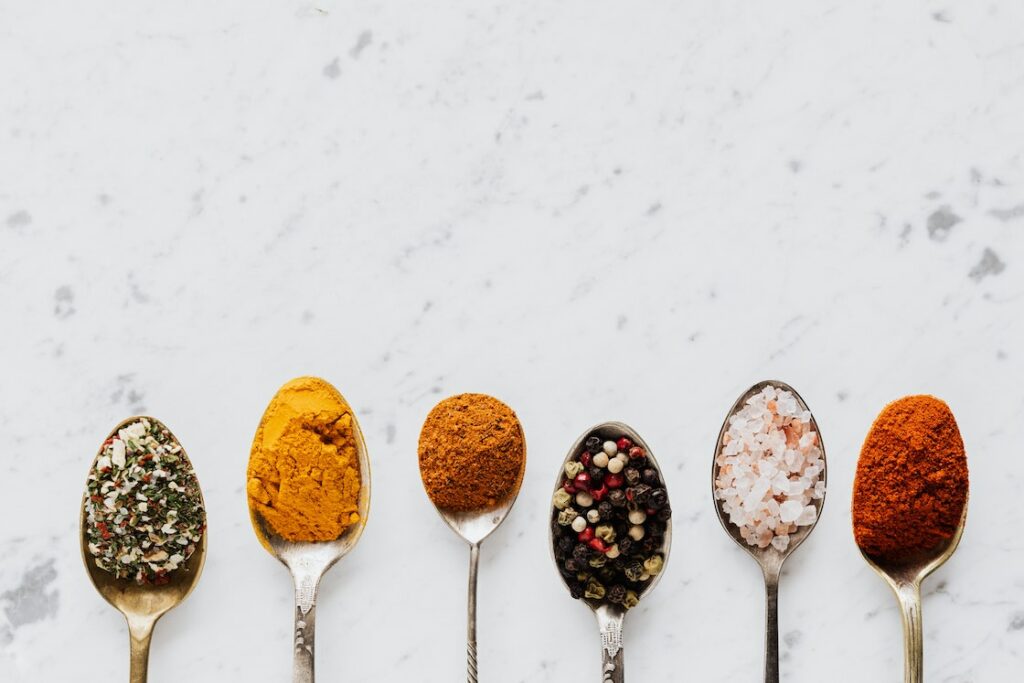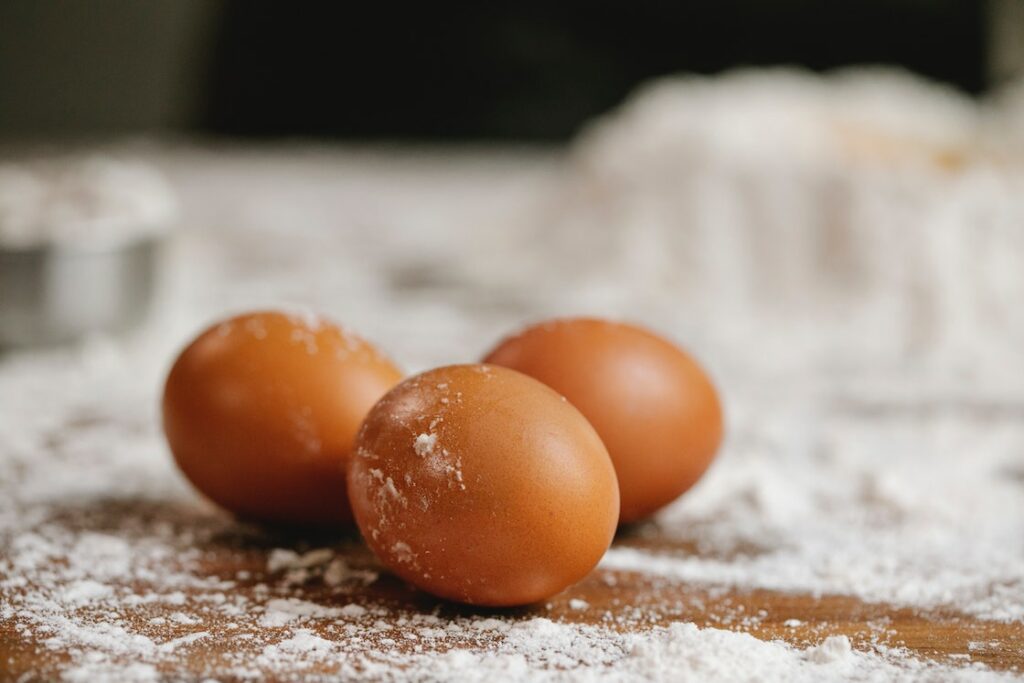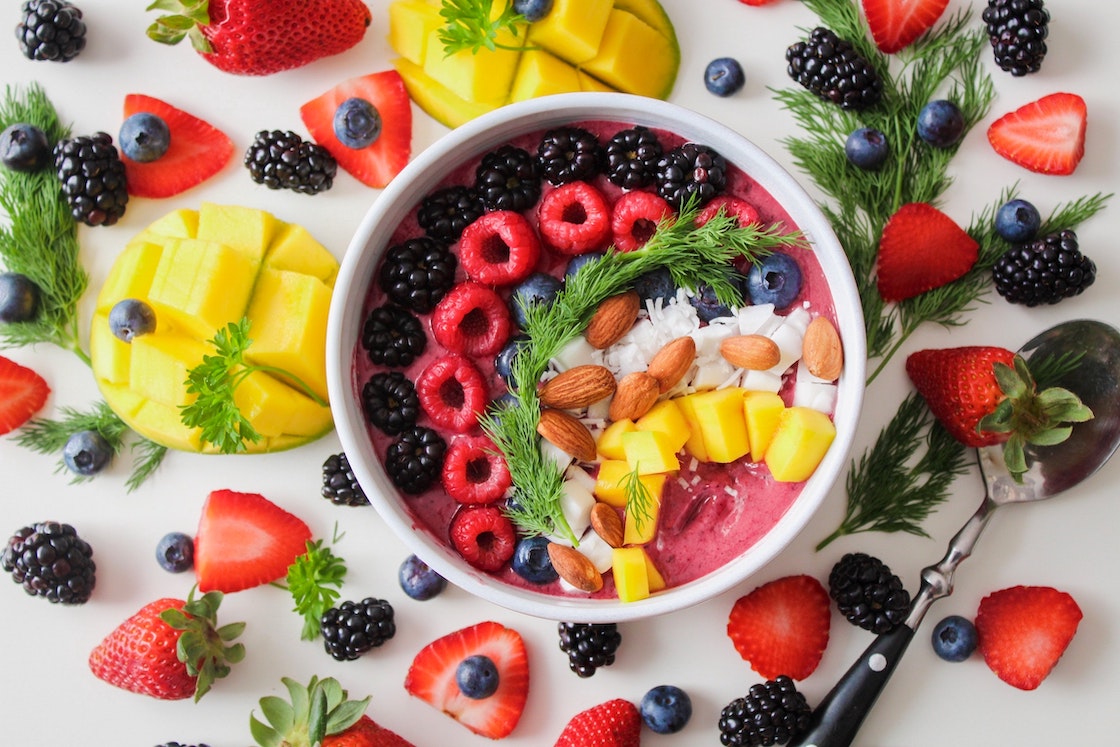Leafy Greens • Fresh Fruit • Fish • Spices • Beans • Eggs • Yogurt
The foods you eat while recovering from a recent plastic surgery procedure may have an impact on your overall recovery, including how fast it is, how smooth it is, and whether your recovery is extremely difficult on your body or not. Each of the foods we will discuss here may help reduce plastic surgery swelling.
Eating the right meals (that are natural, nutritious, and easily digested) can encourage faster recovery and help minimize post-surgical problems like edema and high blood sugar.
Bruising, discomfort, swelling, and feeling bloated are some of the most common side effects of plastic surgery, particularly during the first few days of recovery.
These symptoms often go away on their own if given time; eating well simply makes that easier on your body.
The foods you eat during recovery from plastic surgery will do one of three things:
- Help your body recover (antioxidant-rich foods, protein, fruits and vegetables, water).
- Slow your body’s recovery (salty, sugary, or highly processed foods and drinks).
- Have no noticeable impact on your body’s recovery.
The following are foods that are believed to help your body recover from surgery, and which are specifically good at reducing the swelling that always occurs in the area that was operated on. In addition to eating well, ice is usually applied to the area where the surgery was done (but not in direct contact with the skin), and proper lymphatic massages are often done for such surgeries as liposuction and the Brazilian butt lift.)
Table of Contents
1. Leafy Green Vegetables
Eating a spinach and lettuce salad that is fresh, green, and all-natural is a great way to help minimize edema, particularly after surgery. The majority of leafy vegetables are packed with vital nutrients including fiber, vitamins, and minerals that might help with a variety of health issues.
For instance, spinach is considered to be one of the most crucial nutrients to treat instances of inflammation since it is rich in the vitamins C, E, and beta-carotene.
Broccoli is another nutritional powerhouse rich with nutrients including vitamin C, B, and beta-carotene. In addition, broccoli contains kaempferol, a flavonoid that may help control and reduce inflammation.
2. Fresh Fruits
Surprisingly, even while an accumulation of extra water is a contributing factor to swelling, the easiest approach to get rid of extra water in the body is by eating more. Eating fruit that is high in water content is one approach to do this. This might include strawberries, blueberries, oranges, and watermelons. For instance, both blueberries and strawberries are high in fiber, which helps your digestive system absorb extra water, minimizing bloating, which in turn reduces swelling.
Protease enzymes, which aid in the body’s digestion and breakdown of proteins, are also found in pineapples and papayas. Additionally, the papain and bromelain enzymes aid in reducing swelling and inflammation. Fruits are excellent foods to consume to minimize swelling after any form of surgery, particularly on the exterior areas of the body.
3. Foods High in Omega-3 Fats
Inflammation in your body might sometimes be the cause of edema after surgery. You may fight back by utilizing anti-inflammatory foods that are high in antioxidants, which help to eliminate molecules that cause inflammation.
One of the nutrients that may help control and prevent inflammation is omega-3 fats. Halibut, salmon, fish oil, mackerel, flax, flaxseed, walnuts and walnut oil, hempseed, and hempseed oil are foods high in omega-3 fatty acids.
4. Spices
Ginger, parsley, turmeric, cayenne pepper, and chili peppers are widely recognized for their anti-inflammatory properties.
Spicing up your meals may be beneficial to your recovery and if you had to pick one, turmeric or cayenne would be great first choices.
These are just a few items you may consume to lessen swelling in your legs or any other region of your body, particularly after surgery.

5. Beans and Eggs
Beans aren’t just another inexpensive option of food to eat but they are also highly nutrient-dense. For example, beans are rich in fiber and phytonutrients, which assist to reduce bodily inflammation. Tossing beans into or alongside of a hearty chicken salad could be a great meal to help reduce swelling after plastic surgery.
The amino acids found in egg yolks are helpful for lowering inflammation, accelerating healing, and reducing discomfort. As a result, they are crucial in managing some of the common side effects following surgery. In reality, eggs include a lot of antioxidants, which are recognized for having the ability to minimize edema and speed up healing.
[Note that the research on whether eggs specifically reduce swelling and inflammation is considered inconclusive (April 2020), so you may or may not wish to make eggs a part of your recovery diet if that concerns you. For many plastic surgeons, however, eggs are one of many foods they consider not only safe to eat, but helpful for their patient’s recovery, given the physical trauma their body has just experienced and the limited mobility they experience afterwards: Eggs are very easily prepared (hard boiled, scrambled, poached) and can be added to other foods (turkey, toast, omelets) for a complete meal.]

6. Yogurt
Yogurt can help to reduce inflammation, according to “the most consistent evidence,” stemming from the studies that have been done on it so far.
It’s normal for patients to be prescribed antibiotics after surgery. These medications may cure and prevent infections, but they can also upset the gut’s bacterial balance.
After taking antibiotics and having surgery, yogurt’s beneficial bacteria may aid in restoring intestinal health, in addition to it containing anti-inflammatory properties.
Yogurt is also easily tolerated by most patients after surgery and is unlikely to induce nausea or vomiting. The zinc and protein it contains are likewise not harmful to recovery.
[Photo by Trang Doan]


